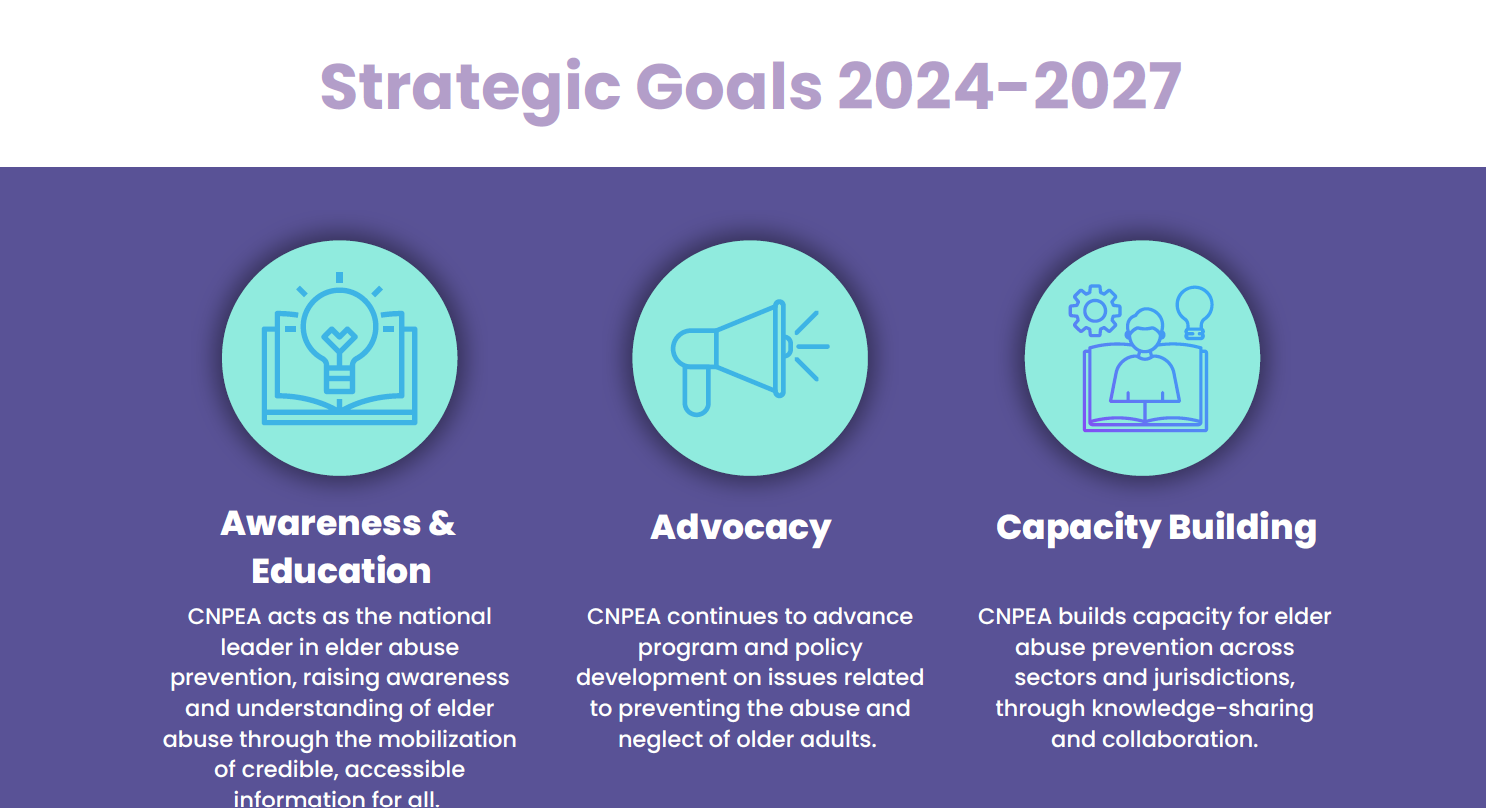Article Index
Mission
CNPEA builds awareness, support and capacity for a coordinated pan-Canadian approach to the prevention of elder abuse and neglect. We promote the rights of older adults through knowledge mobilization, collaboration, policy reform and education.
Vision
All older adults in Canada have the support they need to thrive within their communities and live free from violence and neglect.
Values and Principles
Collaboration and Capacity Building - We work across sectors and jurisdictions to foster a coordinated approach to the systemic prevention of elder abuse and neglect.
Respect and Inclusion - We defend older people’s human rights and autonomy, root our work in anti-ageism, and seek to amplify the diverse voices and experiences of older people. We believe that violence and inequities affecting us as we age can only be addressed through an intersectional lens.
Accountability and Credibility - We are accountable to our members and stakeholders, including all older Canadians. Transparency and integrity guide our internal and external practices. We are committed to developing, supporting and mobilizing trusted, evidence-based resources.
Innovation - We seek and promote innovative approaches to expand knowledge, enrich our work and inform meaningful change to improve the lives of older adults.
Open-mindedness and Sensitivity - We take a “listen first” approach to our work, incorporating the diverse lived experience of older Canadians into every aspect of our work through thoughtful consultation. We consider and address the unique needs of communities across the country, without making sweeping or simplifying assumptions on the modern experience of aging.
Our Structure
The network is led by a pan Canadian board of directors who each bring their passion and varied expertise. The network has a membership of individuals and organizations from across Canada who come from all walks of life and who care about older adults and the prevention of harm in later life.
Become a member
CNPEA is a registered charity with Canada Revenue Agency
Charitable Registration Number: 866840523 RR0001
Board of Directors
Our board is comprised of seniors, individuals from organizations that serve or represent seniors, service providers, including police, individuals in government, and academics. The board is nominated from the membership once a year and meets monthly. As a working board, members serve on one or more special committees.
For any inquiry, contact the CNPEA Executive Director: Bénédicte Schoepflin
Board of Directors
Mohamed Abdallah, St John's, Newfoundland and Labrador
Mohamed Abdallah is a dedicated advocate for housing solutions and social justice, with over a decade of experience in affordable housing, social housing, homelessness prevention, and community-based initiatives. As the Founder and Chief Executive Officer of Connections for Seniors, Mohamed has spearheaded innovative programs that provide emergency shelter, supportive housing, affordable housing, and wraparound services to vulnerable older adults in Newfoundland and Labrador. His leadership has resulted in the expansion of housing initiatives, strategic partnerships with government and nonprofit sectors, and the successful implementation of a Housing First approach to older adult homelessness.
 Dr. David Burnes, Toronto, Ontario
Dr. David Burnes, Toronto, Ontario
PhD, Canada Research Chair in Older Adult Mistreatment Prevention
Professor, University of Toronto, Factor-Inwentash Faculty of Social Work
Co-Founder of RISE (Community-Based Response Intervention for Older Adults At Risk of or Experiencing Mistreatment or Self-Neglect)
Affiliate Scientist, Baycrest, Rotman Research Institute
Canadian Network for the Prevention of Elder Abuse Board
Read more
"I joined the board of CNPEA because I am passionate about the well-being of older adults and working toward solutions that support those who are at risk of or experiencing mistreatment. I believe that CNPEA has the capacity to make powerful changes in Canada toward a society in which older adults can live safely and with dignity."
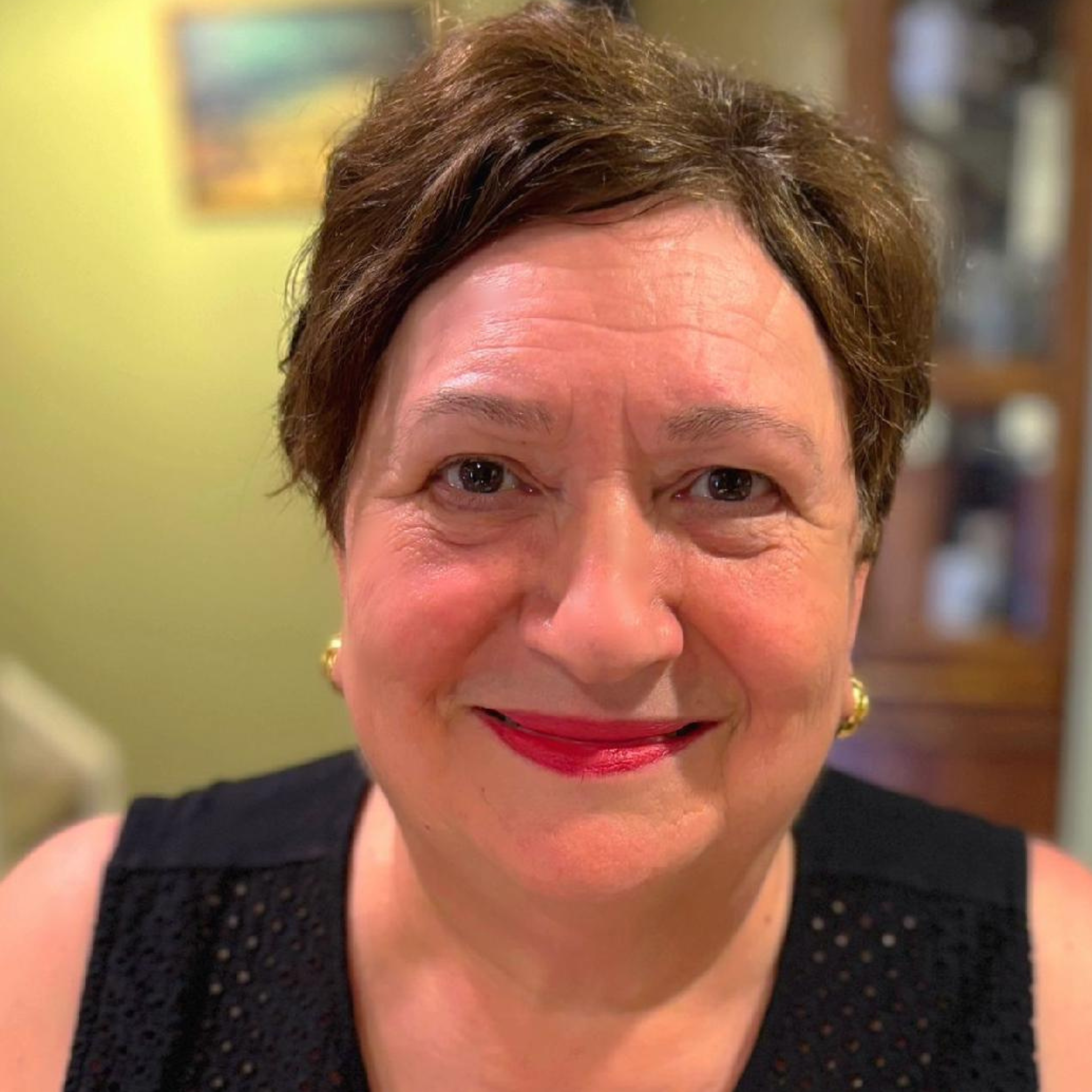 Dr. Saveria Caruso, Barrie, Ontario
Dr. Saveria Caruso, Barrie, Ontario
Saveria Caruso holds a doctorate in Education (Ed. D.) from the University of Toronto. As a teacher, principal, researcher, program officer within the Conseil scolaire catholique du Nouvel Ontario and the French - language Policy and Programs Branch at the Ministry of Education, Saveria has always felt a sense of mission for the French - language school mandate. She believes it contributes to the transmission of language and culture, identity building, student success and well - being. From 2010 to 2018, she developed leadership skills within the Ministry of Education, the Standards of Practice and Accreditation Branch at the Ontario College of Teachers and the French language school board Conseil scolaire Viamonde, working collaboratively with diverse groups of researchers, professional leaders, parents and community members. Saveria’s engagement in the actualization of the mandate of the French - language school exemplifies this fundamental principle: The integration of culture in the curriculum and pedagogy also entails the celebration of diversity inviting Francophones of all origins to contribute to the vitality of the Ontario French-language community. A life-long learner, a Doctor of Education graduate, who recently received an Honours Bachelor of Social Work, Saveria stresses the importance of well-being while answering the needs of culturally diverse Francophone communities. Passionate about providing services in French and preventing elder abuse, she volunteers with various organizations including RPMAFO.
Claire Checkland, Stittsville, Ontario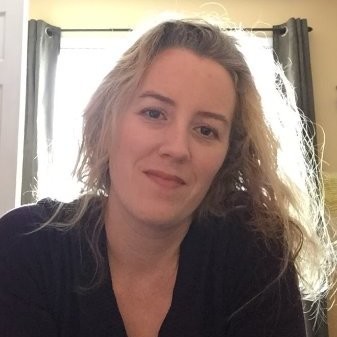
Claire is a passionate, results-oriented health advocate with 20 years of experience in government and stakeholder relations and policy analysis for national not-for-profit health organizations including the Canadian AIDS Society, Canadian Cancer Society and the Mental Health Commission of Canada. She is currently the Executive Director of the Canadian Coalition for Seniors’ Mental Health where she has helped the organization achieve sustainability and grow their membership to more than 2,000 individuals and organizations. Claire has a successful track record engaging varied stakeholders in progress towards common health and social goals and has an ability to identify and implement new, innovative approaches to organizational priority issues. She is adept at facilitating the establishment of sustained, meaningful relationships with community, stakeholders and government officials. Claire has an undergraduate-honours degree in Psychology as well as a Diploma of Social Sciences. She lives in Stittsville, Ontario with her husband and two sons.
Chantale Courcy, Ottawa, Ontario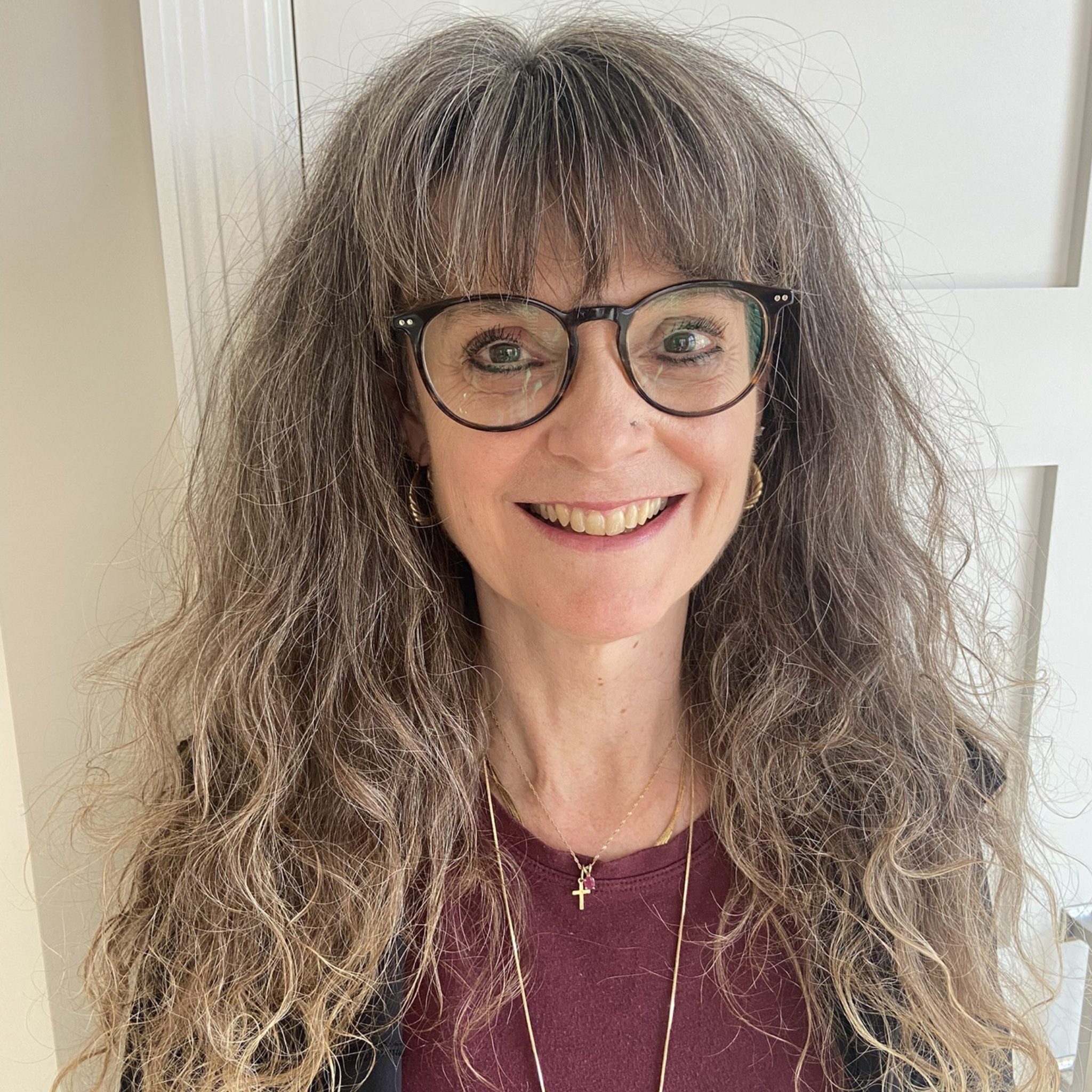
Chantale recently retired as an Executive with the Government of Canada. She had an eclectic career ranging from leading grants and contributions programs, heading a regulatory agency, starting up the National Inquiry into Murdered and Missing Indigenous Women and Girls, negotiating with provinces and territories to build capacity in rural and remote communities across Canada, and delivering a learning curriculum to all public servants located outside Ottawa. Most recently, Chantale assisted the federal government's COVID-19 response for older adults in western Canada including commissioning research with the SFU School of Gerontology. This sparked her passion to support and influence ways that older adults are engaged, connected and have opportunities to actively contribute to our communities. Since retiring, she has volunteered for the Java Group Programs designed to address depression and loneliness of seniors and as a member of the Health Issues Committee of the Council on Aging of Ottawa. On a more personal note, she has experienced the vulnerability of older adults while caring for family members. Chantale is active in her community and loves being a grandmother! She is keen to contribute to CNPEA’s important agenda.
Dr. Mélanie Couture, Sherbrooke, Québec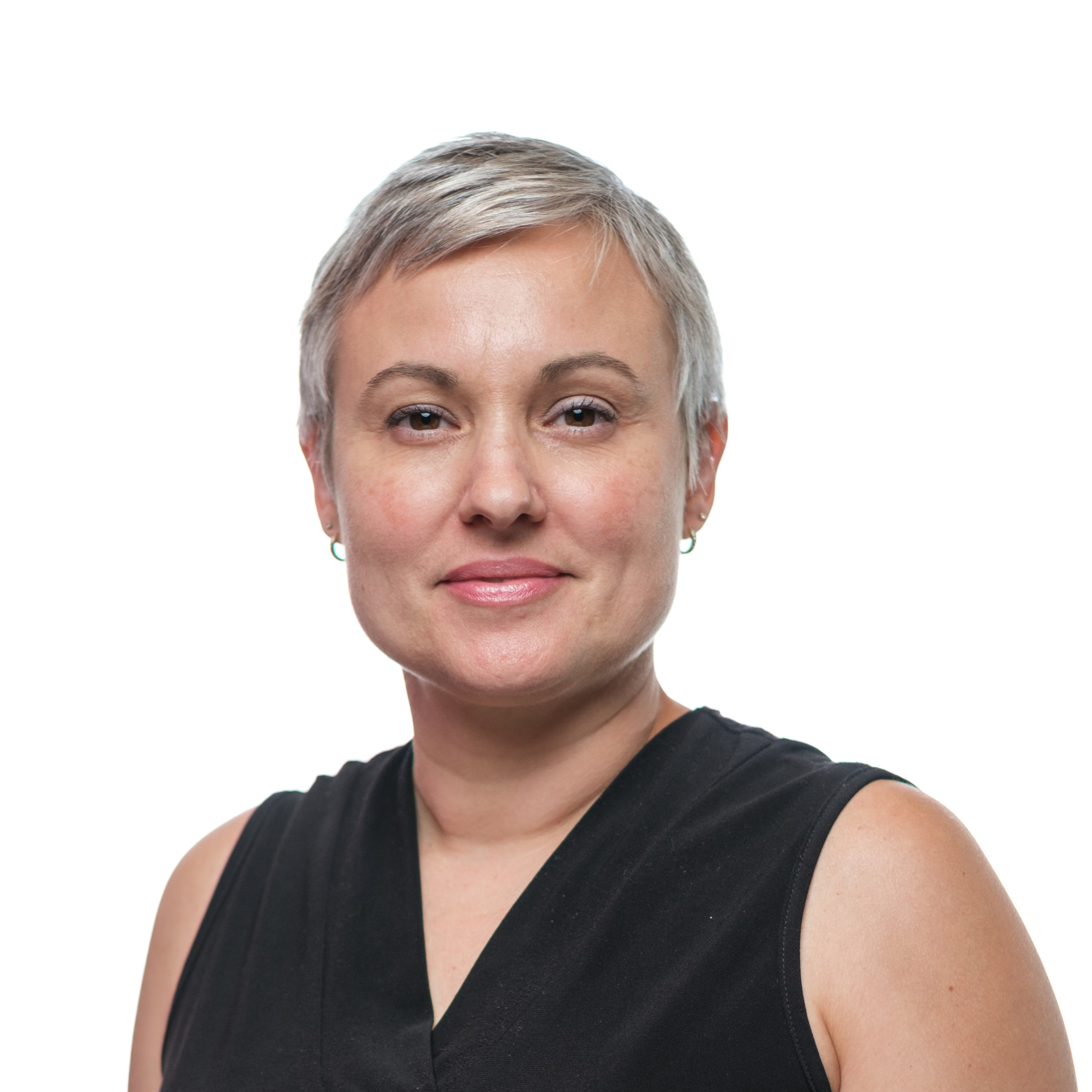
Mélanie Couture, PhD, is the current chairholder of the Research Chair on Older Adult Mistreatment and associate professor at the School of Social Work - Université de Sherbrooke. She has worked as a researcher in social gerontology for more than a decade. Her research promotes the co-construction and integration of clinical and organizational innovations for the prevention and management of mistreatment situations in the context of caregiving, common living environments and in the use of technologies for aging in place.
Eva Eros, Beaubassin Est, New Brunswick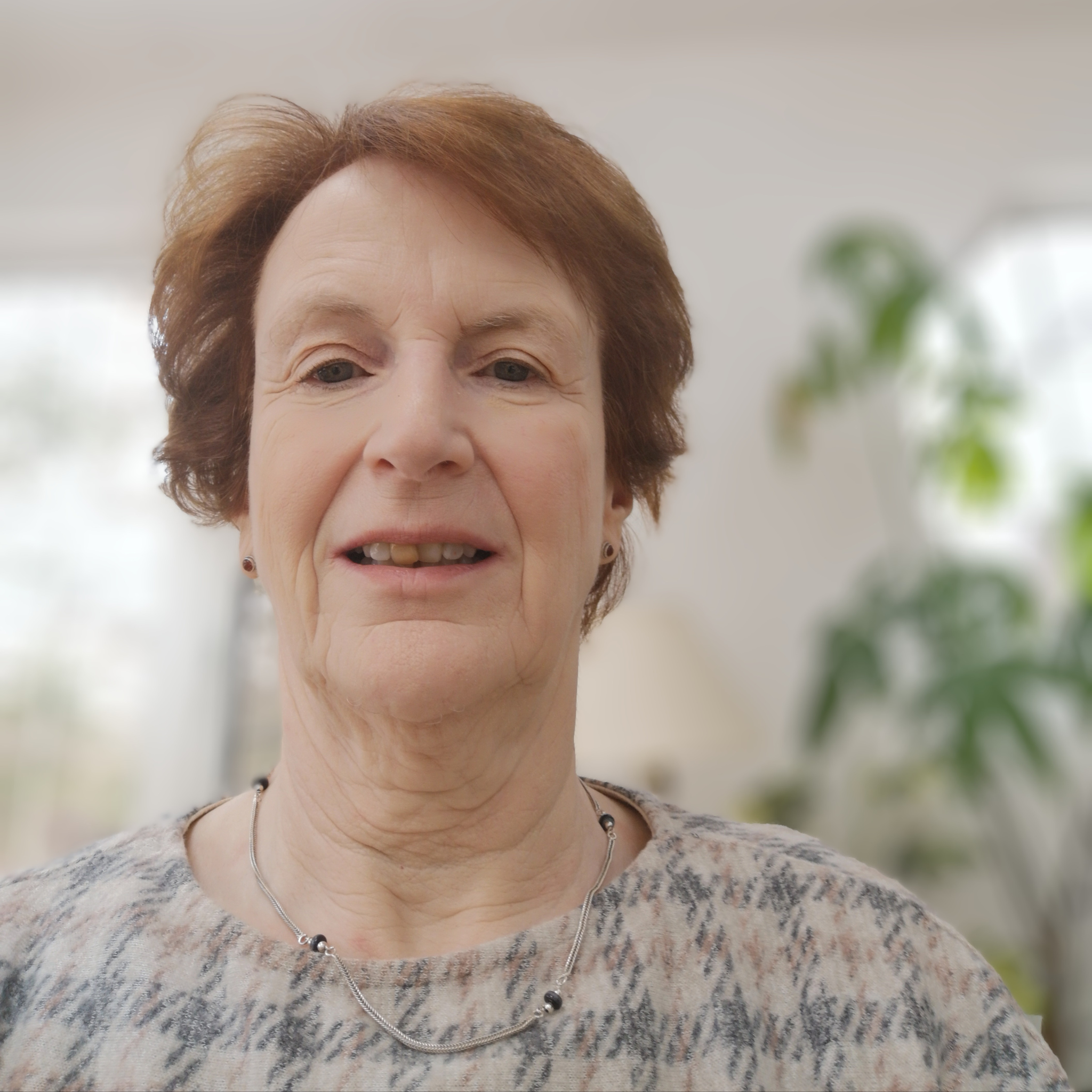
Eva trained as a physician in the UK before moving to Canada in 1975. She initially worked in Ontario, then Halifax, before starting her own family practice in Moncton in 1982. In 2008, Eva started working in geriatric care and found it to be the area of medicine that was the most challenging and rewarding, especially working with and providing support to family caregivers of patients living with dementia. Eva also worked alongside social workers on quite a number of cases of elder abuse. Eva has personal experience as a family caregiver for both her parents and her husband. She spends part of the year in New Brunswick and part in Ottawa where her children and grandchildren live.
Andrew Iaboni, Markham, Ontario
Andrew is currently Treasurer of the Board
Andrew Iaboni brings 20 years of financial leadership experience to the Board. Andrew holds a CPA designation and received a Bachelor of Commerce and Major in Economics from the University of Toronto. Andrew is currently working in the real estate industry for a private equity owned global property management company and servers as Global Vice President, Corporate Finance.
Anna Kamateros, Montréal, Québec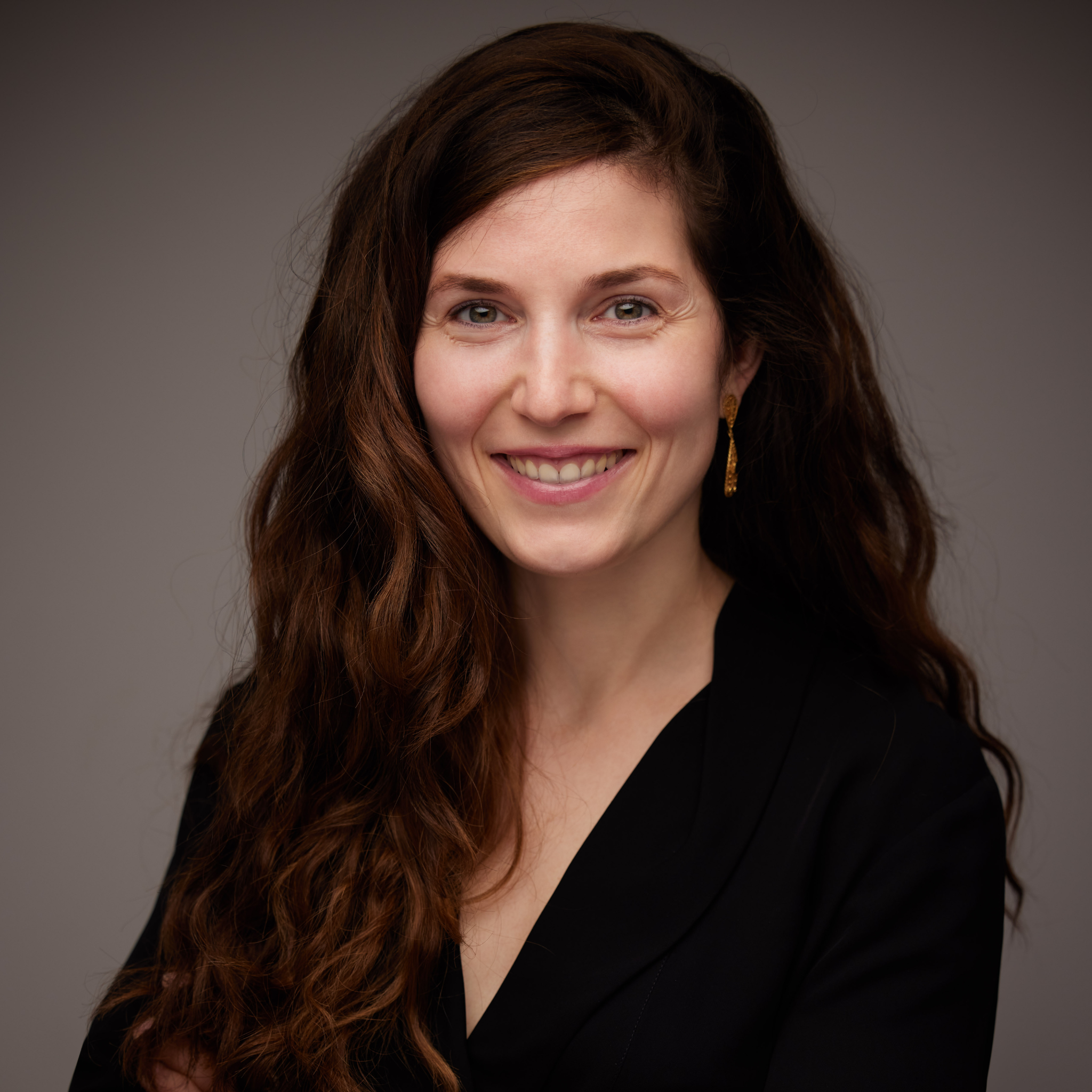
Anna leads KRB’s Wills, Estates and Planning group, advising individuals, families, family offices, and investment professionals on preserving and transferring wealth. She works closely with accountants, tax planners, and health care professionals to deliver estate and later-life planning strategies that minimize conflict and optimize asset distribution. Her practice includes preparing wills, protection mandates (formerly mandates in case of incapacity), and advising liquidators (formerly executors) on their responsibilities in administering estates. Anna has developed particular expertise in addressing situations of elder mistreatment, helping families navigate complex legal and emotional challenges with sensitivity and clarity. She is frequently consulted in cases involving vulnerable adults and collaborates with medical and social service teams to ensure protective measures are in place. In addition to her estate planning work, Anna has extensive experience in Real Estate and Banking and Finance, with deep knowledge of title issues in both commercial and residential transactions. This multidisciplinary background enhances her ability to identify and mitigate risks related to real estate interests.
Ken Kuhn, Port Moody, British Columbia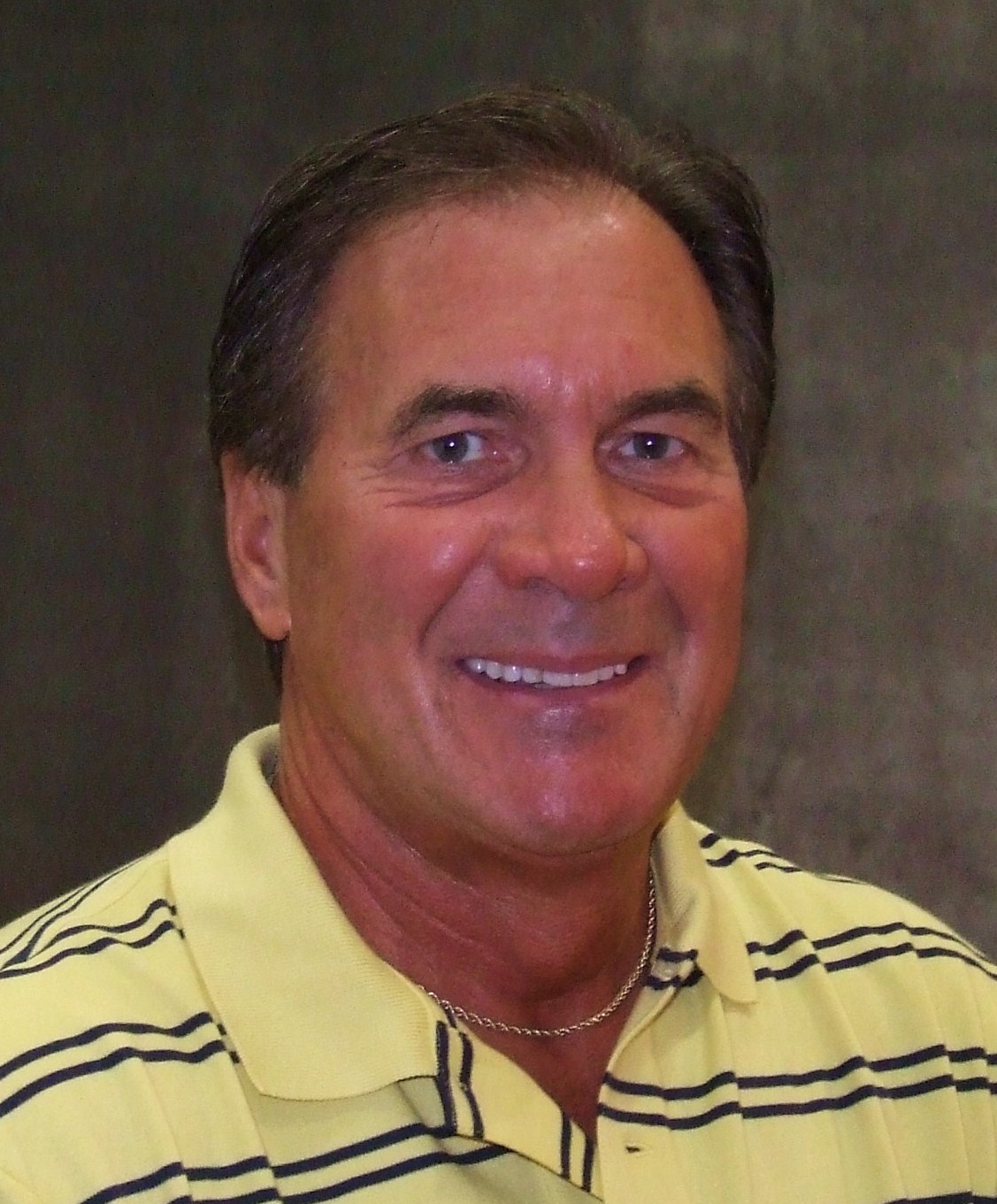
Ken went to UBC & U of Oregon to receive his MBA & MSc degrees, and taught business courses in the Coquitlam School District, BCIT, & UBC. Ken retired from teaching about twelve years ago.Ken spends his retirement life “paying it forward” on seniors’ issues as Executive Director of the Tri-Cities Seniors’ Action Society (TCSAS) & Coordinator of the New Horizons Grants received by the TCSAS. Ken has written three successful NHSP grants over the last three years as well as a UBCM Age-Friendly grant for the City of Port Moody. As ED of TCSAS, Ken has organized several free events for seniors such as: Age-Friendly Tri-Cities, WorldFest—A Seniors’ Celebration of Cultures, the Elder Abuse & Wellness Forum, and Pathways to Better Health Forum.Ken is also a Regional Mentor for Fraser Valley West for the BC Association of Community Response Networks to promote Awareness of Adult Abuse. His network area includes the Lower Mainland communities of the Tri-Cities (Coquitlam, Port Coquitlam, and Port Moody), Maple Ridge, New Westminster, and Burnaby. Ken frequently offers workshops in adult abuse awareness in the Lower Mainland.Ken promotes immunization awareness for seniors in workshops and media through an educational grant from Sanofi-Pasteur Ken has a passion for seniors’ issues: abuse awareness and prevention, advocating for healthy aging, and keeping seniors connected in their communities.
Jodi Lee-White, Fredericton, New Brunswick
Jodi is currently Chair of the Board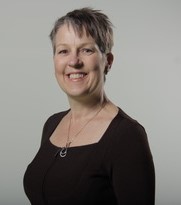
After starting out in private practice, Jodi undertook various roles in her professional association with exposure to a wide variety of legal issues. In 2014, she returned to her roots in estate planning, starting a mobile legal practice preparing Wills, Powers of Attorney and Health Care Directives. Through her practice and her participation in various professional groups, it became increasingly clear that greater efforts needed to be made to prevent the mistreatment and abuse of older adults, particularly those with disabilities and vulnerabilities. She presents regularly to professionals and the public on estate planning topics, encouraging everyone over the age of majority to have valid and up-to-date Wills and Enduring Powers of Attorney with sufficient checks and balances to ensure their long-term care, autonomy and dignity is respected.
Kathy Majowski, Tyndall, Manitoba
Kathy is currently Vice Chair of the Board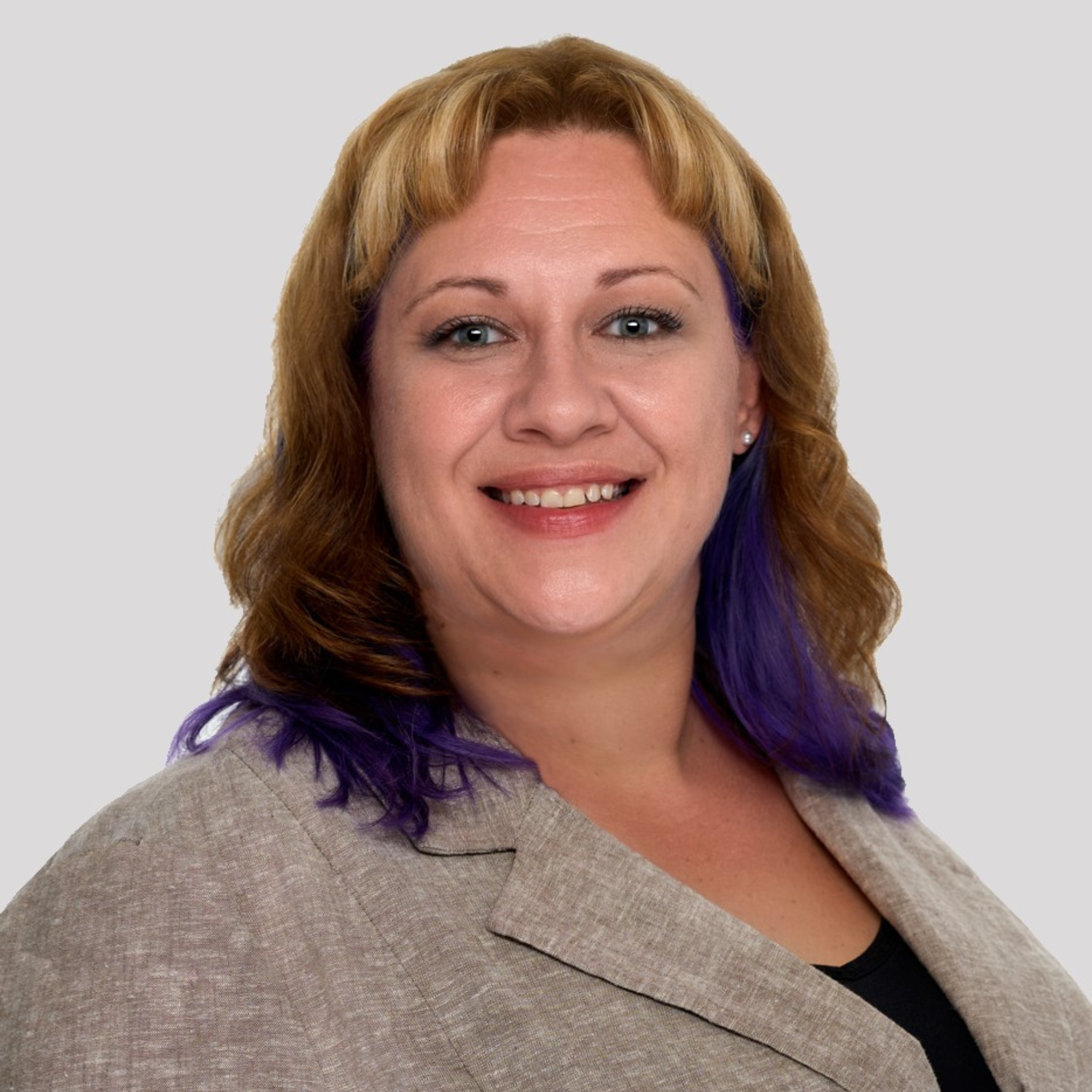
Kathy is a Registered Nurse currently working in a community health program that provides comprehensive, person-centred support to older adults living in Winnipeg's core area. Her career in health care spans over 2 decades, and includes front-line nursing, clinical/classroom instruction, educational program development, long-term care staff education, home care case coordination, and volunteer work as part of advisory panels and boards. Throughout her career, Kathy has recognized that being a nurse includes working towards improving the care that people receive, and she spends time raising awareness about and working towards addressing the systemic gaps in services for the people that she supports, which have predominantly been older adults in various areas of the health system. She is a passionate voice for strengthening community services for older adults in Manitoba and across Canada, and is frequently invited to speak to community groups, post-secondary students, and colleagues about the impact of ageism and the role we each have in preventing elder abuse. Kathy is honoured to be returning to CNPEA's Board in 2024, and is looking forward to the work ahead.
Michele Markham, Edmonton, Alberta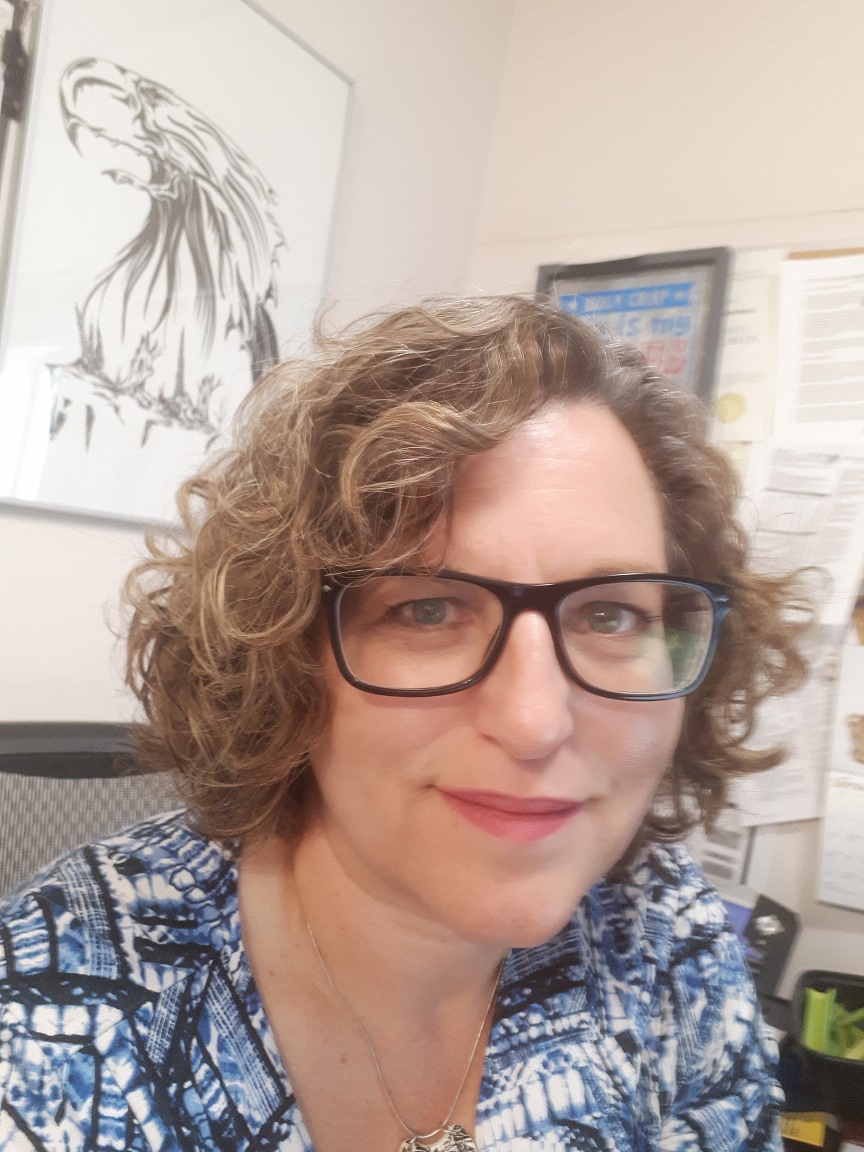
Michele Markham is a Registered Social Worker with the Alberta College of Social Workers and holds a Bachelor Degree in Human Service Administration. For the past six years she has worked at Sage Seniors Association in Edmonton as the Manager of the Seniors’ Safe House, a shelter for older adults needing safety from abuse. Michele participates on the management committee of the Seniors Protection Partnership, is a member of the Diverse Voices conference planning committee and co-chair of the Elder Abuse Consultation Team. In addition to working at Sage, Michele is a member of the MacEwan University School of Social Work Advisory Council, is a Public Member of the Mental Health Review Panel, and is past Chair of the Board of Directors of the George Spady Society. In addition to working in the field of social work for nearly 30 years, she has more than 20 years of experience with Board Governance and has facilitated numerous board development workshops as part of the Board Development program with the Alberta Government.
Amy Peirone, Kingsville, Ontario 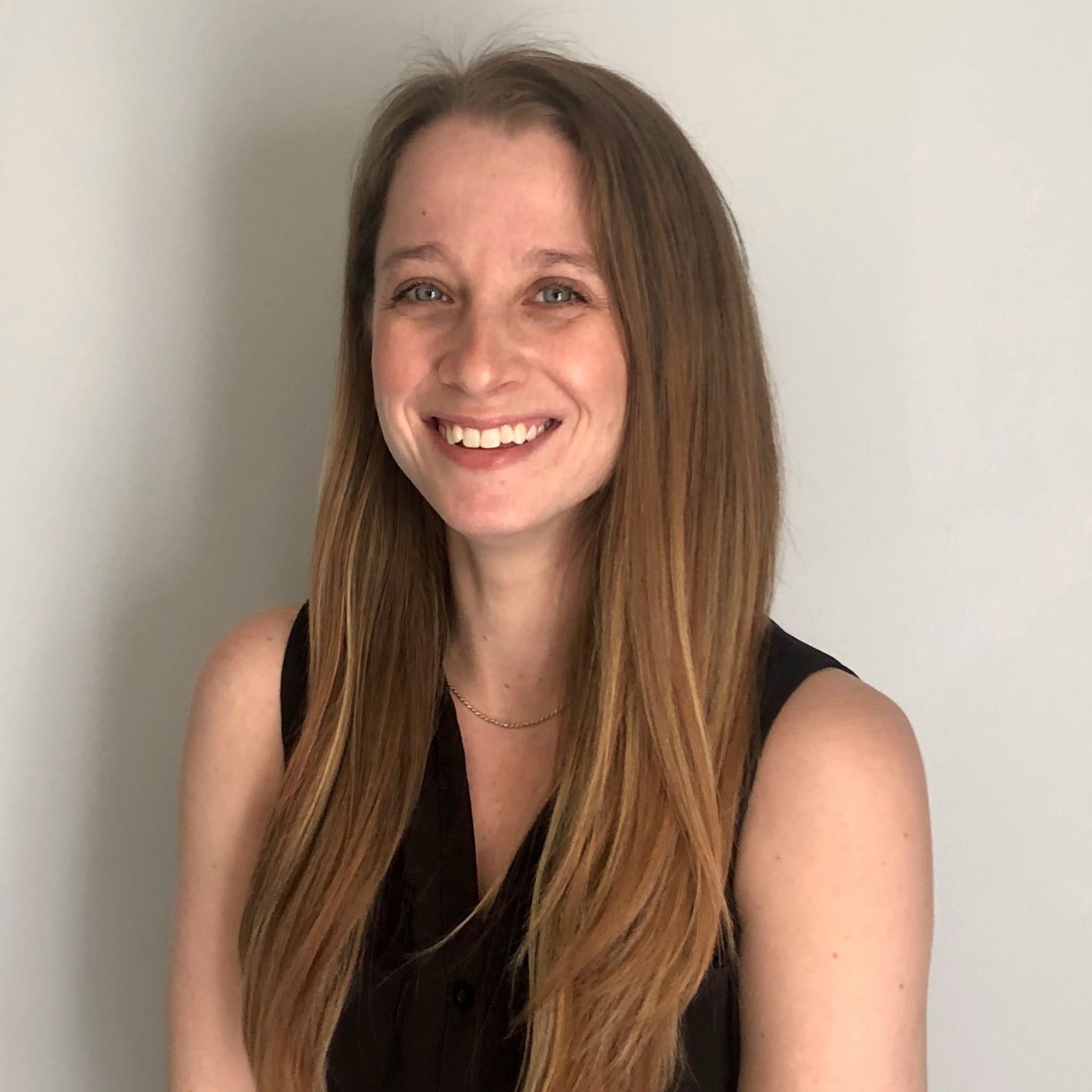
Having recently completed her Ph.D. in Sociology with a Specialization in Social Justice, Dr. Amy Peirone is currently working as a postdoctoral researcher. Her research expertise is in research methodology and the study of various forms of violence. Amy’s current research explores the distinct types of intimate partner violence (IPV) experienced by males and females in Canada and the multi-level factors related to these abusive experiences. In addition to her postdoctoral research, Amy is currently an Instructor at St. Clair College, where she teaches Criminology as well as Law, Power, and Social Justice. Other roles that Amy has taken on include Co-Director for the University of Windsor’s Health Research Centre for the Study of Violence Against Women, Coordinator for the Violence Against Women Coordinating Committee Windsor-Essex, and Amy is a long-standing member of the Board of Directors at St. Leonard’s House Windsor, a halfway house for federal offenders.
Heather Treleaven, Maple Ridge, BC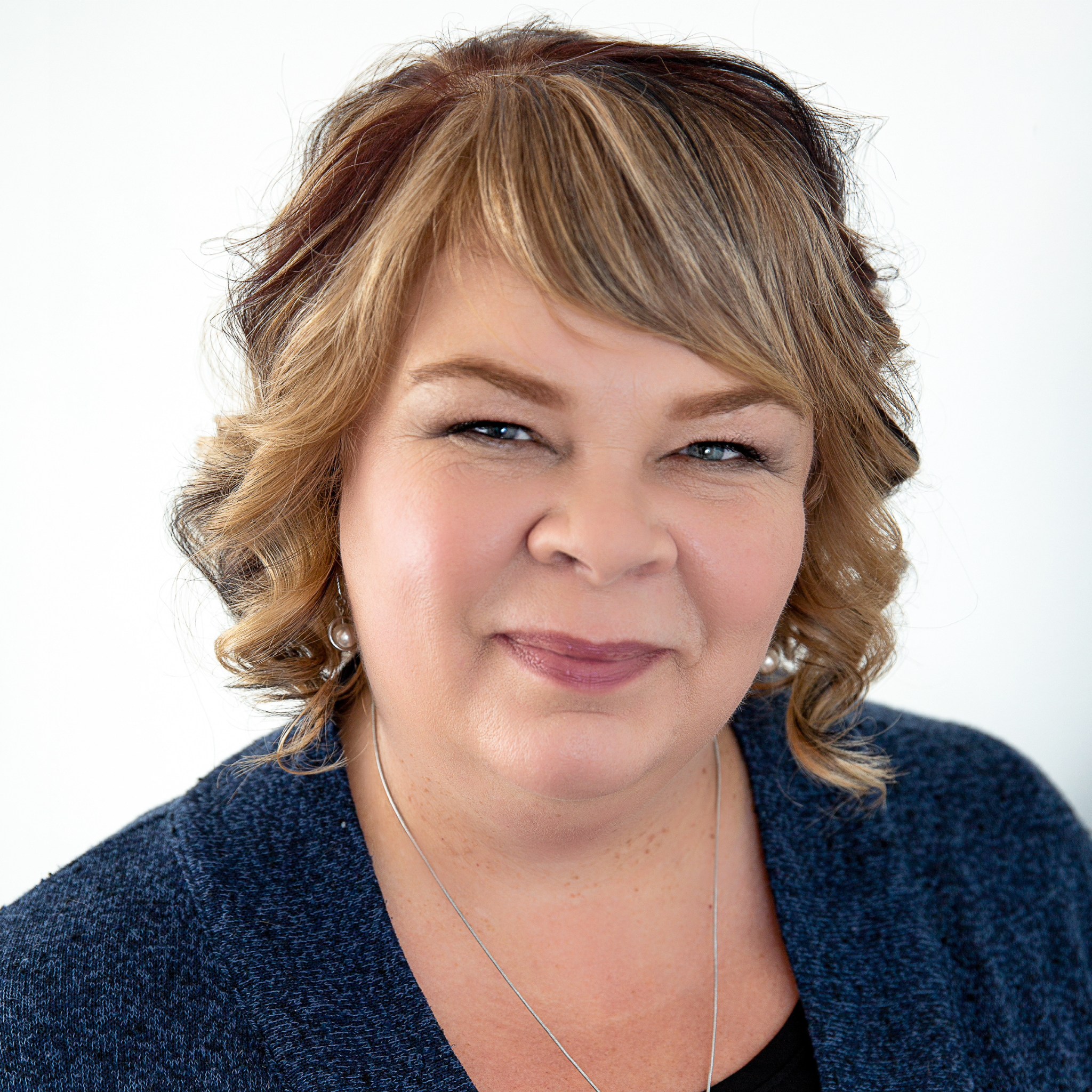
Heather Treleaven is the Executive Director of the British Columbia Association of Community Response Networks (BC CRN), succeeding founding ED Sherry Baker in March 2024.Prior to joining BC CRN, Heather served as Executive Director of the Seniors Network Society of Maple Ridge & Pitt Meadows for 14 years. During her tenure, she supported the growth of the local Community Response Network and witnessed firsthand the power of grassroots initiatives in building coordinated responses to adult abuse, neglect, and self-neglect.
Under her leadership, the Cities of Maple Ridge and Pitt Meadows earned the BC Age-Friendly Community designation, and the City of Maple Ridge joined the World Health Organization’s Global Network of Age-Friendly Cities. She also spearheaded the creation and long-term operation of an Intergenerational Garden, started two local Men’s Sheds and with the United Way of British Columbia, published an Emergency Preparedness Guide for Seniors.Recognized as a genuine, approachable, and respected community leader, Heather brings a deep commitment to empowering older adults, advancing community well-being, and strengthening collaborative responses that ensure safety, dignity, and inclusion.
Past Honorary Member
Elizabeth Podnieks, Toronto, Ontario (1929- 2024)
Elizabeth was one of the founding members of three key organizations in this area: Ontario Network for the Prevention of Elder Abuse (ONPEA), CNPEA~RCPMTA, and the International Network for the Prevention of Elder Abuse (INPEA). She served on the Executive for all three bodies and actively promoted the value of Networks at all levels.
She was the architect of World Elder Abuse Awareness Day (WEAAD) in 2003 and Chair of the WEAAD Steering Committee.
For over a quarter century, Elizabeth conducted research and published extensively in the area of abuse and neglect, as well as having supported the efforts of others. She presented at numerous conferences, workshops, scientific and educational meetings at both the national and international level.
Dr. Podnieks received the Order of Canada for her work in the area of abuse prevention, including the first Canadian incidence study in 1989. On June 14th, 2012, she also received the Queen Elizabeth II Golden Jubilee Medal in recognition of her lifetime commitment and efforts. Elizabeth was elected honorary director of the National Committee for the Prevention of Elder Abuse. (United States)
Elizabeth has been the source of passion and imagination on numerous initiatives in this area. She generated the project "World Elder Abuse Awareness Day (WEAAD) in Cyberspace" working with national and international partners to harness social media in raising awareness of senior abuse.
Elizabeth received the National Adult Protective Services Association (NAPSA) National Rosalie Wolf Award 2013 and the International Network for the Prevention of Elder Abuse (INPEA) International Rosalie Wolf Award for 2013, becoming the first person to be the recipient of two Rosalie Wolf awards in the same year.
Strategic Plan 2024-2027
In order to support the Network’s expansion and CNPEA’s growth as a leader on elder abuse prevention and intervention in Canada and internationally, the Board of Directors has developed a new Strategic Planning for 2024-2027. This document presents the main pillars of this plan.
Updated General By-Laws 2025
Members of our Executive Committee completed a comprehensive review of CNPEA's By-Laws to align with the Canada Not-For-Profit Corporations Act. The 2025 General By-law was approved by the Board of Directors on June 12, 2025. The Special Resolution and 2025 General By-law 2025 were presented for confirmation by the members by a majority of at least two-thirds of the votes cast by the members of the Network who voted in respect of the resolution at our 2025 AGM. Read the special resolution and updated By-Laws.
Knowledge Sharing Project (2013-2016)
The CNPEA Knowledge Sharing Project was a three-year initiative to support the exchange of ideas and resources among key stakeholders who are working to prevent and respond to elder abuse in Canada. Key goals of the Knowledge Sharing Project:
- Create mechanisms for sharing information about promising approaches in elder abuse prevention and response. This website exists to realize that goal. It is a national electronic hub for connecting service providers and seniors’ organizations. The hub serves as a central point of contact for elder abuse information and resources across Canada.
- Increase the capacity of organizations and networks to prevent and respond to cases of elder abuse, by
- facilitating access to reliable information and key resources
- connecting stakeholders to each other through the hub
Welcome to www.cnpea.ca,
the Knowledge-Sharing Hub!
What is it?
- A user-friendly website, informed by the expertise of CNPEA members. The content of this site is curated for and provided by elder abuse stakeholders from across the country.
- An interactive way to connect and collaborate with your peers and with experts, to share and find recent resources, and to blog about your views.
- A national platform - ideal to disseminate your research to a diverse audience.
- An overview of available resources, publications, research and promising projects for community members and stakeholders involved in a variety of sectors and disciplines.
- A source of information for elders in need.
Find it all here.
Explore the Hub...
1-Read:
- Browse our blog and resources. You can consult them by chronological order or by using the "Browse by Tag" option at the top right-hand corner of the page.
2- Be part of the community:
- Become a member (it's free) and stay informed of the latest news via our monthly newsletter
- Discover our online community at large: on Twitter, on Facebook or on LinkedIn. Connect with us in the way that suits you best.
3- Share your views
- Are you a student? Learn how you can become your school’s ambassador at CNPEA
- Become a guest blogger
- Can you think of a good resource? Did you find a gap? Let us know about it.
4- Provide feedback
- Use the "Feedback/Ideas" red tab on the left-hand side of your screen to let us know about your experience
The Knowledge-Sharing Hub was funded by the Government of Canada's New Horizons for Seniors Program (2013-2016).


